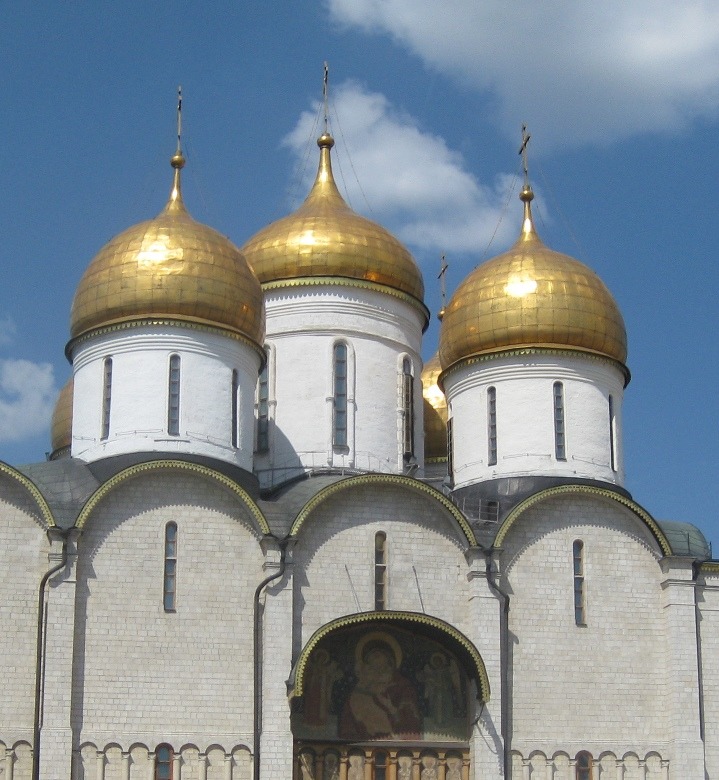The Durham Singers are performing Rachmaninov’s setting of the music for the Russian Easter Vigil on 26th March 2016 (tickets here!) and to help my fellow singers to get to grips with the text, I’m compiling a list of a few key words, that might help to act as signposts: I’ll probably add to it as we work through the text, particularly when I spot some of Rachmaninov’s really good bits of word-painting.
Russian nouns change their endings, so you’ll see variations on these stem words – e.g. Bogu is the dative of Bog (God), and you’ll see nouns forming the stems of verbs, e.g slava – praise, slavim – we praise. I’ve used the standard transliteration, not Musica Russica’s very detailed system.
Бог / Боже Bog / Bozhe – God
Господь / Ghospod – Lord
Слава – Slava – praise
Спась – Spas – Saviour (also спасение – spaseniye – salvation)
Рад – rad – joy
Воскресение – Voskreseniye – Resurrection
Человек – chelovek – person (nicely gender-neutral – used where the English liturgy has ‘man’ or mankind).
Прав – prav – right, truthfulness (оправдание – opravdanie – rules, laws) – as in the newspaper ‘Pravda’ – ‘Truth’.
Грех – grekh – sin
Кресть – krest – cross (not to be confused with Христ – Khrist – Christ)
Жена – zhena – woman
Жизнь – zhizn’ – life (also живаго – zhivago – the living).
Свет – svet – light
Святый – svyatiy – holy
Смерть – dead
Тихий – tikhy – quiet, peaceful
Благо- blago- (as prefix) goodness, blessing. (e.g. Blagosloveniye – blessing, literally “good word”, like benedictus or Blagodatnaya – “good-given”, i.e. blessed, filled with grace, etc).
Отца / Отец – Ottsa / Otyets – Father
Сын – Sin – Son
Душа / Дух – dush / dukh – spirit, soul (including svatiy dukh – Holy Spirit)
Велики – veliki – great (also величить, velichit’ – to magnify)
Милость – milost – mercy (also помилуй – pomiluy – have mercy).
Мироносици – mironositsi – ‘myrrhbearers’. The women who come to anoint Jesus’s body on Easter morning have a very important place in the Orthodox tradition. In the big public procession to the church before the service (as depicted on our poster), the congregation take on the part of the women, with the church building representing the empty tomb. At the heart of the All-Night vigil, movement nine tells the story of their encounter with the angel, and the discovery of Christ’s resurrection, repeated three times, with slightly different words each time.
Recordings
For a full blooded Russian recording, the St Petersburg Chamber Choir with Nikolai Korniev ( Buy on Amazon ) sounds sumptuous but it’s not a lot of use for learning the words, because the diction isn’t very clear. For actually learning the work, my current recommendation is Paul Hillier’s recording with the Estonian Philharmonic Chamber Choir – they are much better choral singers, delivering clear text but still with a sense of what it all means. ( Buy from Harmonia Mundi – or it’s also on Spotify).








